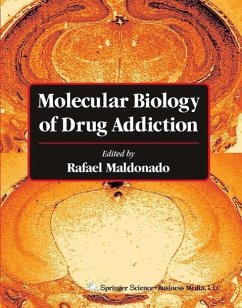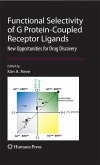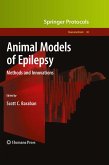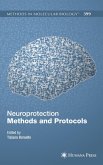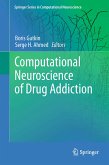Recent advances in molecular biotechnology have created powerful new models to clarify the neurobiological mechanisms involved in drug addiction. In Molecular Biology of Drug Addiction, leading authorities extensively survey these advances in a comprehensive multidisciplinary review of the most relevant molecular, genetic, and behavioral approaches used to investigate the neurobiological basis of drug addiction. In their exploration of the latest findings on opioid, psychostimulant, cannabinoid, alcohol, and nicotine addiction, the authors provide fresh insights into the genetic basis of drug addiction and the new therapeutic perspectives these have opened. They describe the technology available to generate conditional knockout mice and show how these mice can reveal the molecular basis of opioid, psychostimulant, and cannabinoid addiction. They also review the different behavioral models available to evaluate drug reward effects and analyze the genes involved in alcohol dependence. State-of-the-art and multidisciplinary, Molecular Biology of Drug Addiction offers neuro- and pharmaceutical scientists a clear understanding of a vast and complex literature, illuminating the decisive progress that has recently occurred and outlining the direction of future research on addictive processes.
Dieser Download kann aus rechtlichen Gründen nur mit Rechnungsadresse in A, B, BG, CY, CZ, D, DK, EW, E, FIN, F, GR, HR, H, IRL, I, LT, L, LR, M, NL, PL, P, R, S, SLO, SK ausgeliefert werden.
Hinweis: Dieser Artikel kann nur an eine deutsche Lieferadresse ausgeliefert werden.

